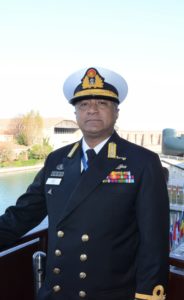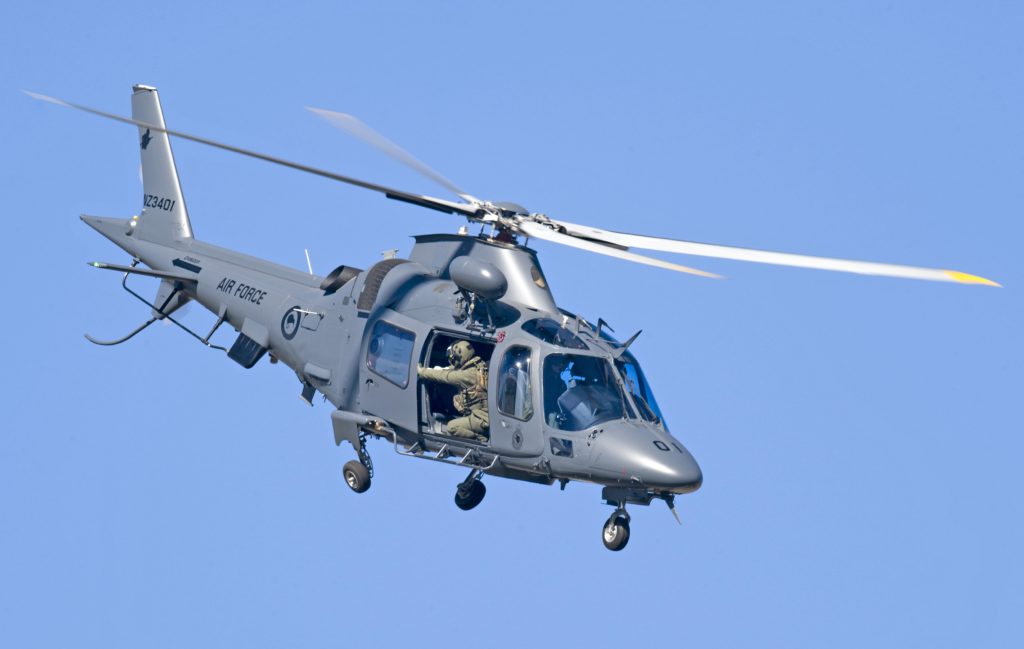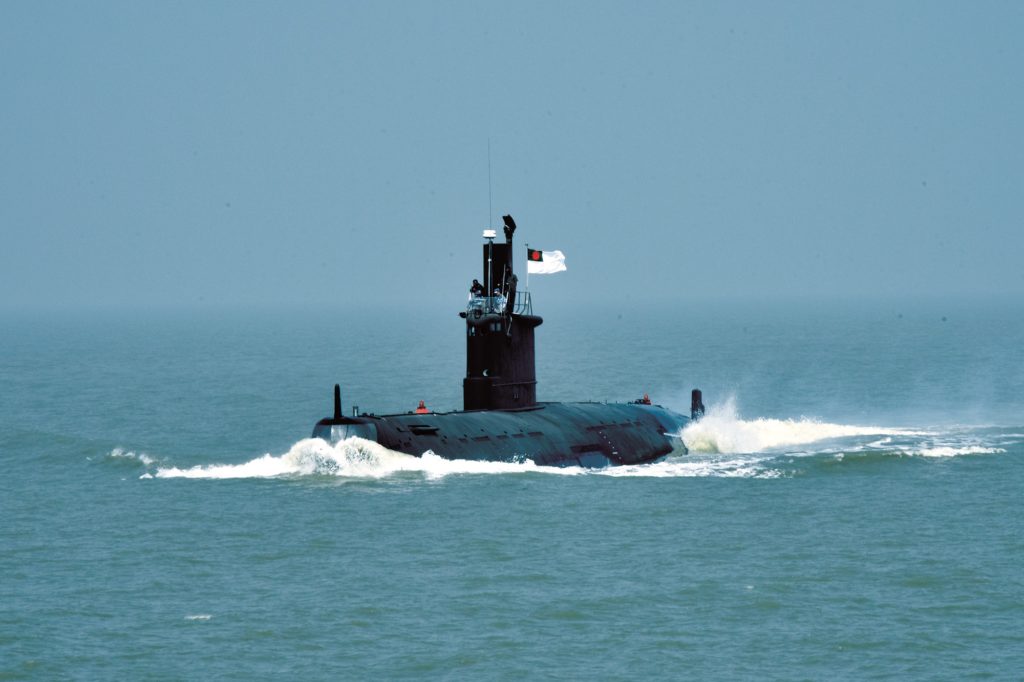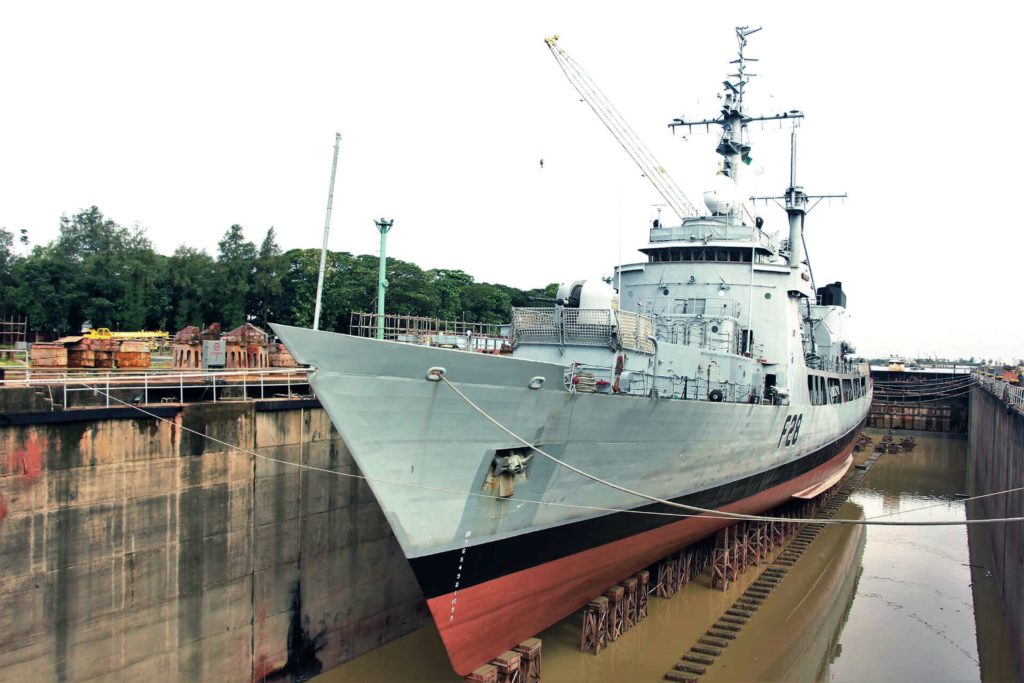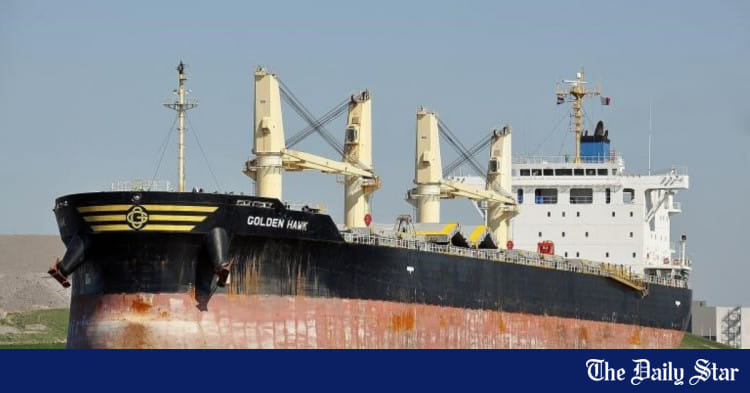Saif
Senior Member
- Jan 24, 2024
- 12,598
- 7,011
- Origin

- Residence

- Axis Group

Hanif Sanket makes a video on Bangladesh Navy and its Capability.
Follow along with the video below to see how to install our site as a web app on your home screen.

Note: this_feature_currently_requires_accessing_site_using_safari






















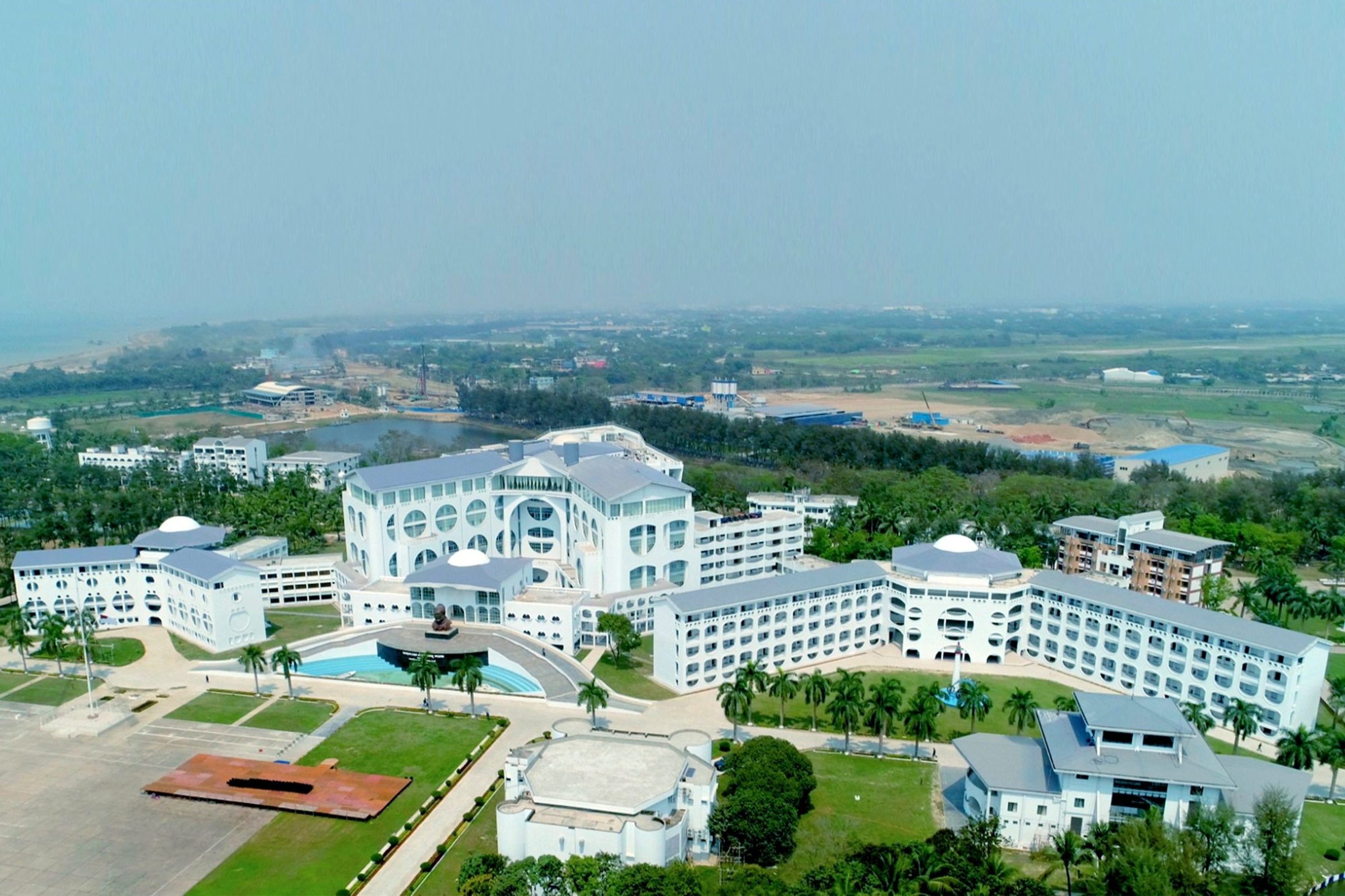
 euro-sd.com
euro-sd.com
